Washington
CNN
—
Vice President Kamala Harris faces the next test in her presidential bid on Thursday with her first unscripted interview with a major media outlet since becoming the Democratic nominee.
Harris will be hoping to extend the momentum she’s conjured at the start of her campaign – and to avoid the types of unforced errors that plagued her first presidential bid in 2019, as well as her early days as vice president. It’s also a chance for the newly anointed candidate to heighten a contrast with Republican nominee Donald Trump, to connect with undecided voters and to highlight her credentials to lead in the Oval Office at a tense time for the United States at home and abroad.
Harris will appear alongside her vice presidential pick, Tim Walz, in a CNN primetime special airing at 9 p.m. ET from Georgia, where she is on a bus tour designed to put a swing state the GOP thought it was close to securing in November back on the board. The interview is the most important chapter of the campaign between last week’s Democratic convention in Chicago and the presidential debate set for Philadelphia on September 10.
The interview, with Dana Bash, has taken on elevated significance because of the compressed race Harris is running after she became her party’s candidate and because of the way it mushroomed into an issue between the feuding campaigns. It’s the latest highly anticipated moment in a wild race that has seen Trump become the first major party nominee to be convicted of a crime and the ex-president survive an assassination attempt. President Joe Biden’s disastrous performance in the CNN debate in Atlanta, meanwhile, set off a crisis that ended his reelection bid.
Major television interviews like Thursday’s have also played an outsized role – the president agreed to several in an attempt to arrest his slide but only exacerbated concerns about his age and capacity to serve out a full second term.
By not scheduling a major interview before now, Harris opened herself to complaints by Trump and some non-partisan observers that she is trying to dodge scrutiny. This raised the stakes for any potential gaffes will be seized upon by the Trump campaign. However, a strong performance by the vice president would be another challenge for Trump, who has struggled since Harris transformed the race by closing his leads in battlegrounds and raising half a billion dollars.
While Harris sparked intense enthusiasm at last week’s star-studded Democratic convention in Chicago, as well as in joyful rallies among Democrats who were previously demoralized over Biden’s chances of reelection, she is yet to enter a forum where her answers and policies can be cross-examined. Her speeches have been packed with what she wants to do as president — from easing the economic burden on Americans, to unleashing a housebuilding boom to winning the geopolitical contest of the 21st Century against China. But the vice president has not been specific about exactly how she would enact some of those aspirations and how she would finance them in deeply divided Washington.
The interview will be watched for whether Harris creates space on key issues with Biden as she bills herself as a change candidate despite serving as vice president in an unpopular administration. Already, Harris has gone further than her boss in pledging to combat the high grocery prices plaguing millions of Americans. This populist twist might be politically smart but it was panned by many economists.
The interview has become a hurdle for the vice president because Trump aides have been goading her into it for weeks, apparently believing she’ll flunk difficult questions, will blank on policy details and that she lacks nimble political instincts. In a statement on Wednesday, Trump’s campaign mocked Harris, saying that she had “mustered up the courage to sit for a *joint* interview — after 39 days of hiding out from reporters.” While she has not sat for a major interview, Harris has taken some questions from reporters traveling with her.
After years as a prosecutor, California’s attorney general and senator who excelled in high-profile hearings, Harris has often seemed more comfortable asking penetrating questions than answering them. She lacks the decades of policy experience that helped former Democratic nominee Hillary Clinton, for example, turn interviews into policy seminars. And unlike Trump, she doesn’t swamp interviewers with torrents of falsehoods, outrageous statements and bombast, which means he often is able to distract attention from what he actually says.
Republican confidence that Harris could be exposed by a televised interview springs from a one-on-one she conducted with NBC’s Lester Holt early in her vice presidency that focused on her role as emissary to Latin American nations that represent the source of much of the undocumented migration to the US.
Asked why she had not by that point visited the southern border as vice president, Harris pointed out that she hadn’t visited Europe either since taking the job. Her discomfort provided fuel for years of Republican attacks and the interview still hangs over her tenure as vice president. In that interview, Harris seemed ill prepared — a scenario that seems unlikely to be repeated considering she is deep into debate prep. In more recent interviews, for instance, on CBS’ “60 Minutes” last October and with CNN’s Anderson Cooper in late June when she defended Biden, she seemed far more at ease.
Heading into Thursday’s interview, Republicans are also demanding answers on why Harris has dropped some positions she held in her short-lived 2020 presidential bid, including “Medicare for All.” Her campaign has also indicated that she no longer opposes fracking — an important issue in Pennsylvania where Trump is highlighting the commonwealth’s carbon energy industry.
The Trump campaign and conservative media Wednesday portrayed the presence in the interview of Walz, the Minnesota governor, as a crutch for the vice president. It is not unusual however for presidential nominees to appear with their vice presidential picks. Trump sat with his vice presidential nominee, Ohio Sen. JD Vance, in a friendly interview on Fox News last month that ended with a “questions from fans” segment. The former president also did a joint interview with his newly minted vice presidential nominee Mike Pence in his Trump Tower penthouse on “60 Minutes” in 2016. The future vice president tried to finesse the extreme positions of the man who picked him, while Trump kept interrupting.
Harris had a joint interview with Biden in 2020 when she was vice presidential nominee and Democratic nominee Clinton and her running mate Tim Kaine did likewise in 2016.
Partisan bickering over the interview aside, there are many reasons why it makes sense for presidential candidates to submit to tough interviews. Someone hoping to run the country ought to feel an obligation to explain what they plan to do — even if it might please their campaign managers to restrict appearances to low-risk partisan outlets and empathetic social media influencers. The more interviews a politician conducts, the more practiced they become. A more robust media plan might have helped Harris hone her skills before debating Trump.
Successful presidencies are also built on political capital accrued on the campaign trail. The days might have passed when presidential campaigns were founded on weighty policy speeches and time is short in this compressed race for such events.
Yet past presidential candidates proved their credibility by taking voters into their confidence on policy plans. In 1960, for instance, Democratic nominee John F. Kennedy laid out an agenda on the campaign trail on issues like civil rights, housing and foreign policy that became the basis for policy achievements in his presidency and Lyndon Johnson’s subsequent administration.
Thursday’s interview comes as Democrats debate whether Harris should concentrate most on policy issues or drawing character contrasts with Trump, as she tells voters they have a “fleeting” chance to move on from his cacophony.
Kate Bedingfield, Biden’s former White House communications director, said Harris needed to use the occasion to make clear who she is fighting for, and her pledge to protect voters from what she sees as GOP attacks on their freedoms.
“I think she needs to not get too wrapped up in the idea that this needs to be a Ph.D policy test of every potential plank of a Harris administration and really use it as a messaging opportunity,” Bedingfield, now a CNN commentator, said.
But Leon Panetta, a former CIA director, defense secretary and White House chief of staff, told CNN’s Brianna Keilar that candidates should discuss issues they believe in to show they can put the country on a better path.
He added: “You better damn well know the answers to specific questions, because that will test whether or not you’re just talking in broad terms or whether you really have a specific policy that you want to put in place.”
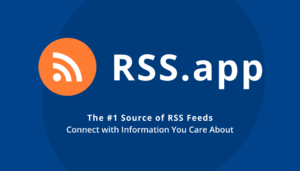


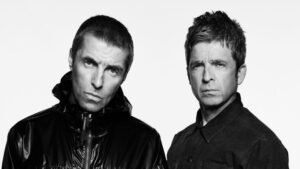
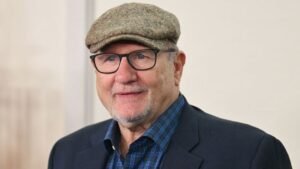


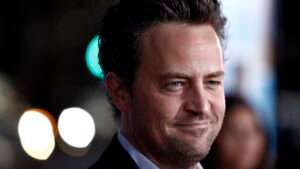
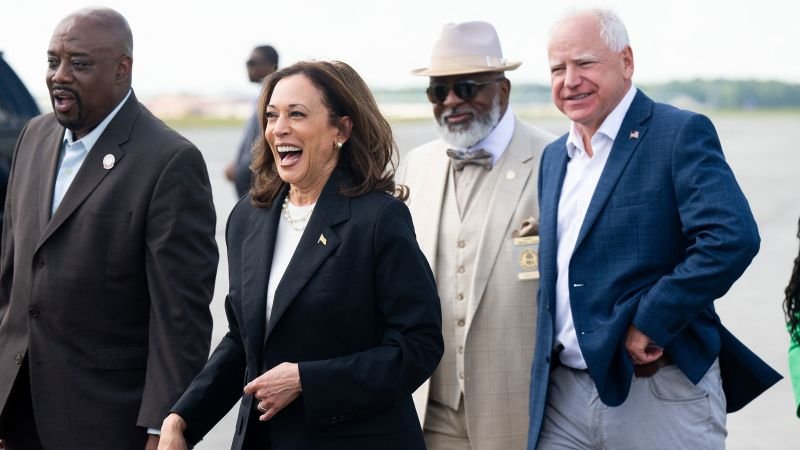
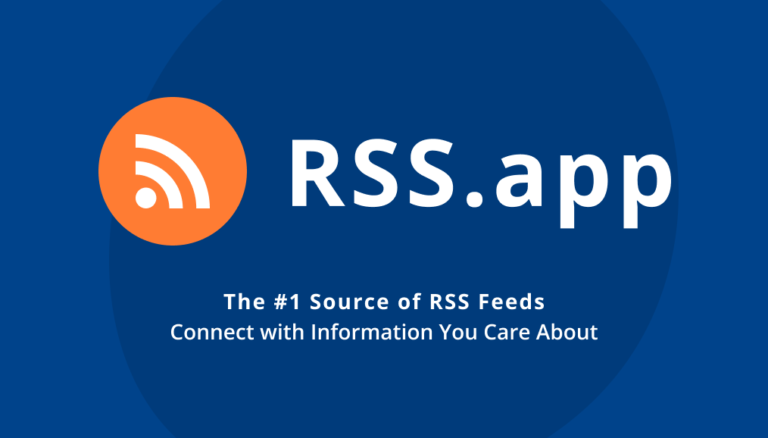
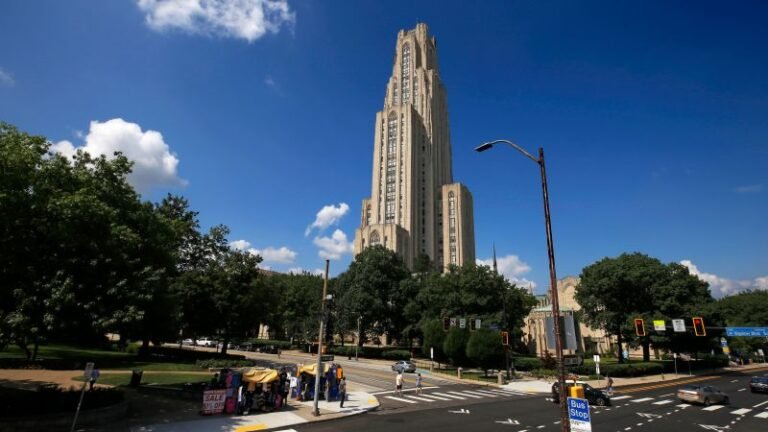
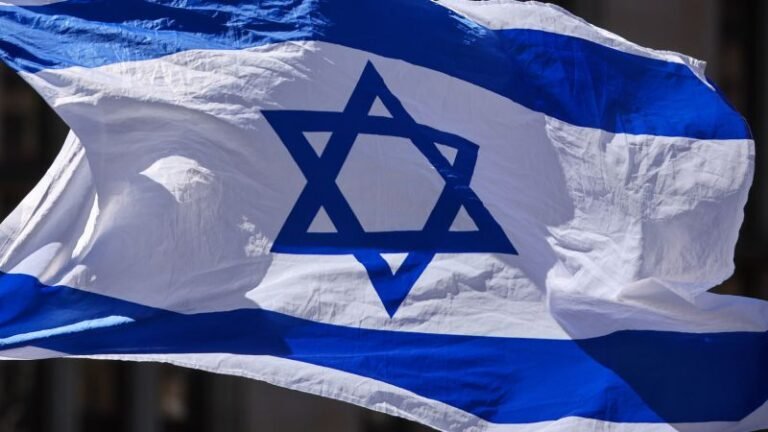


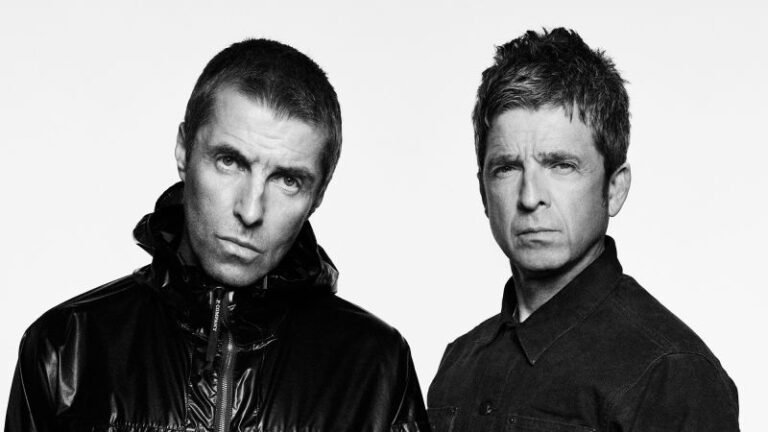
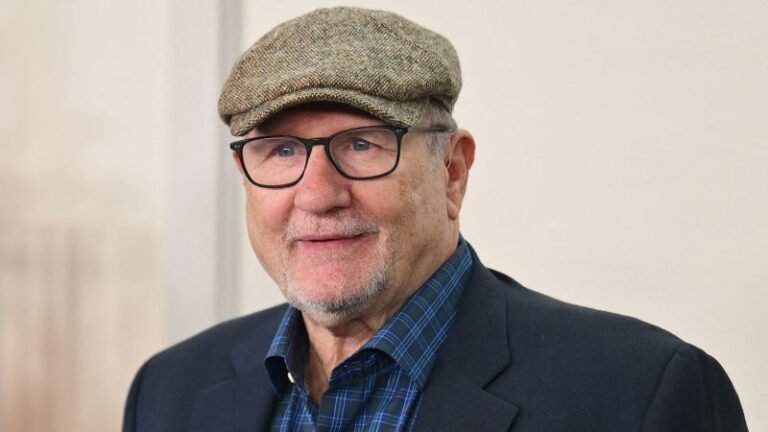

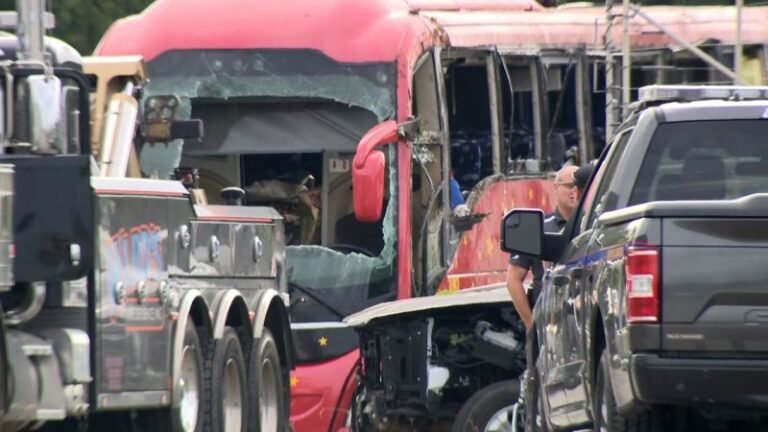

+ There are no comments
Add yours